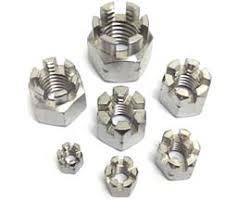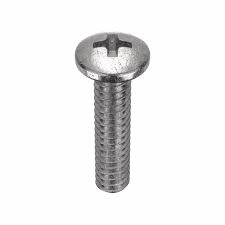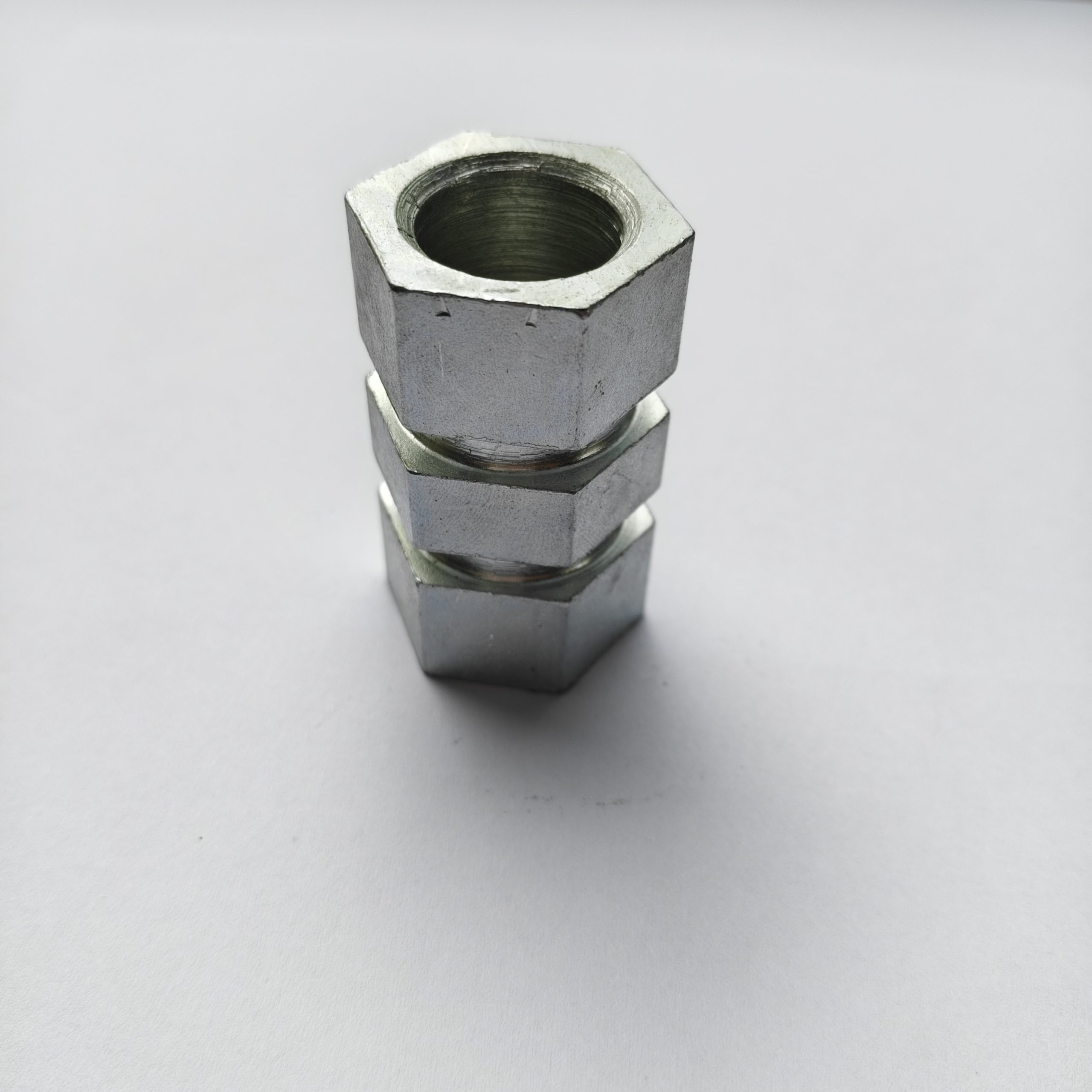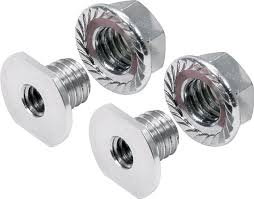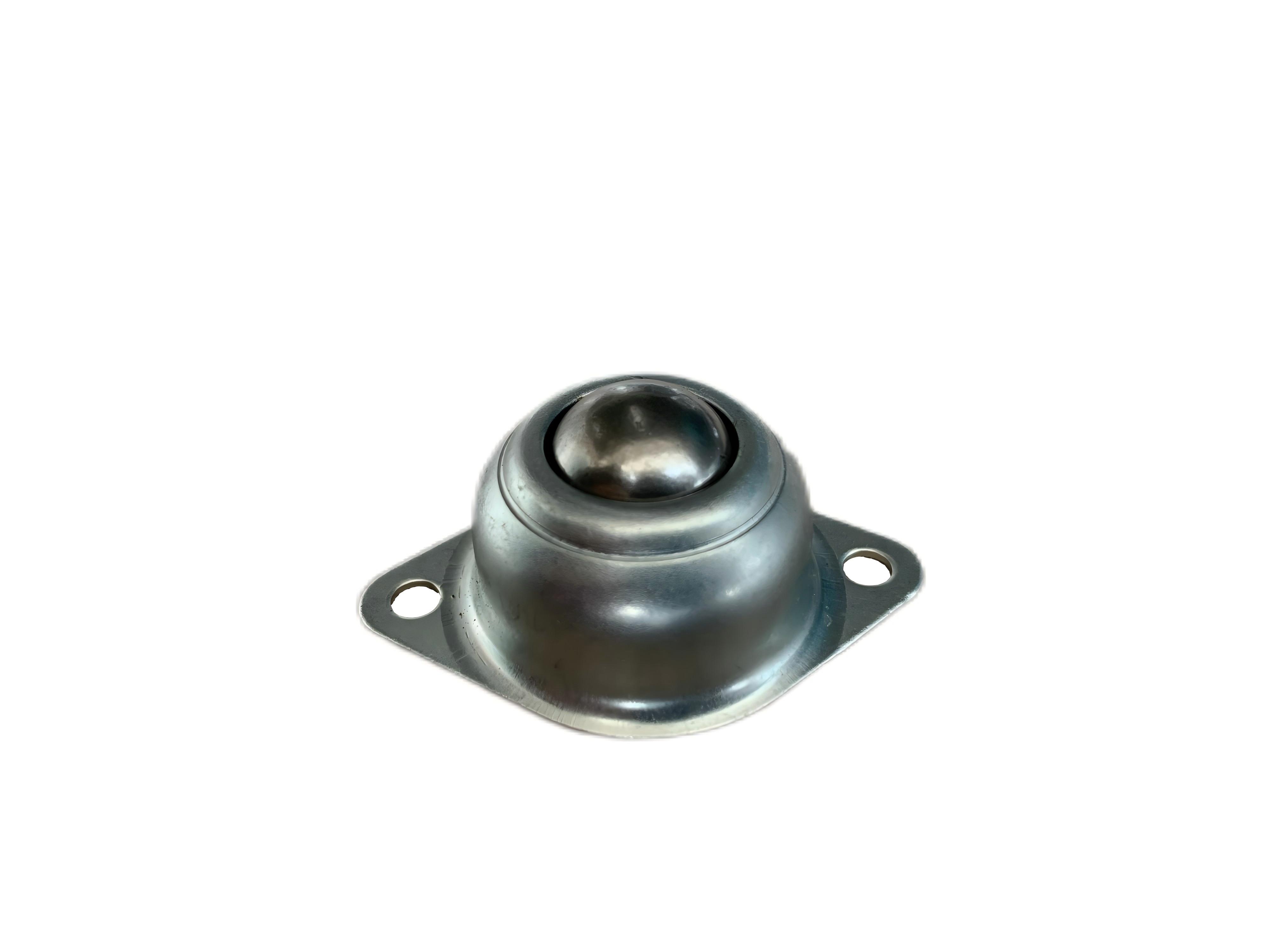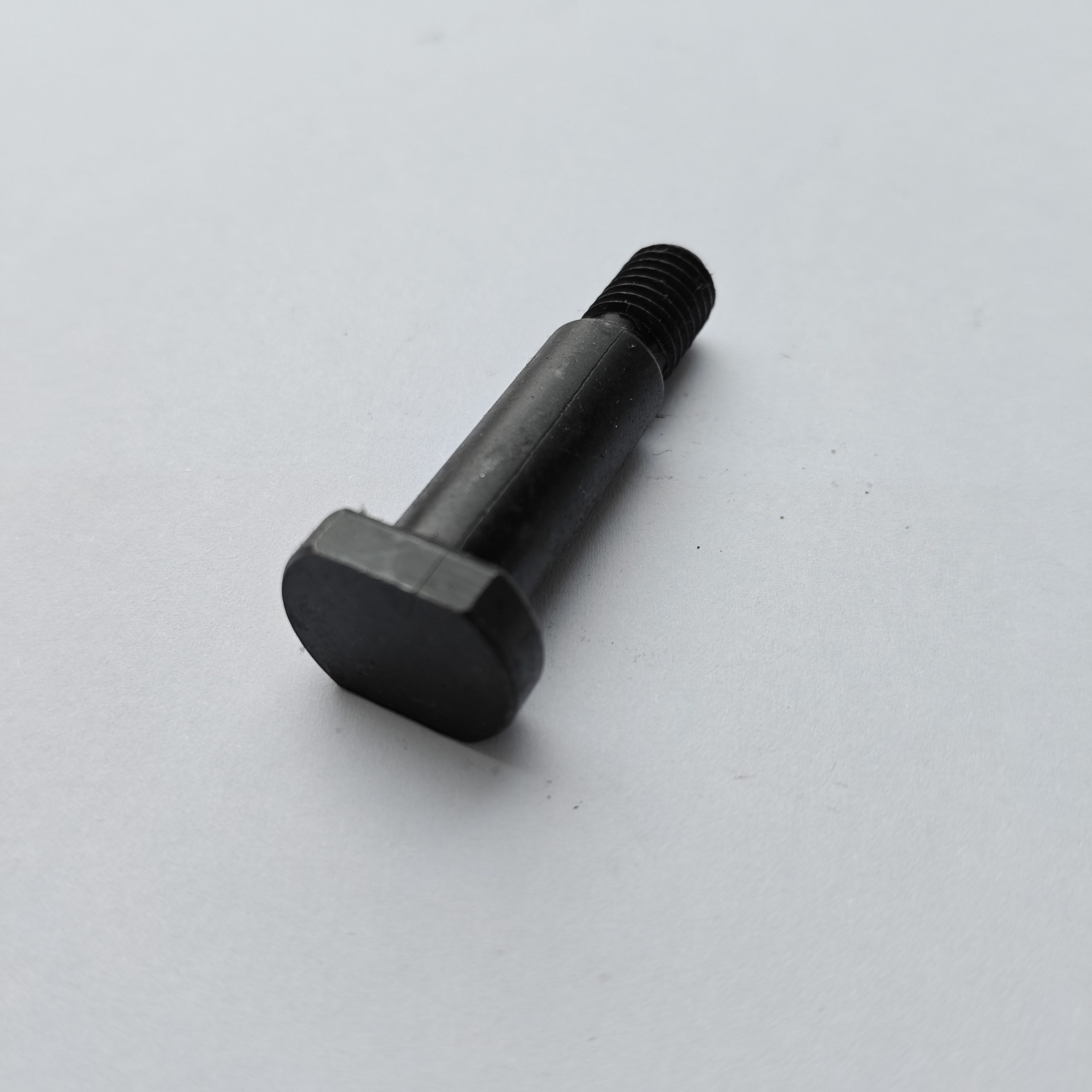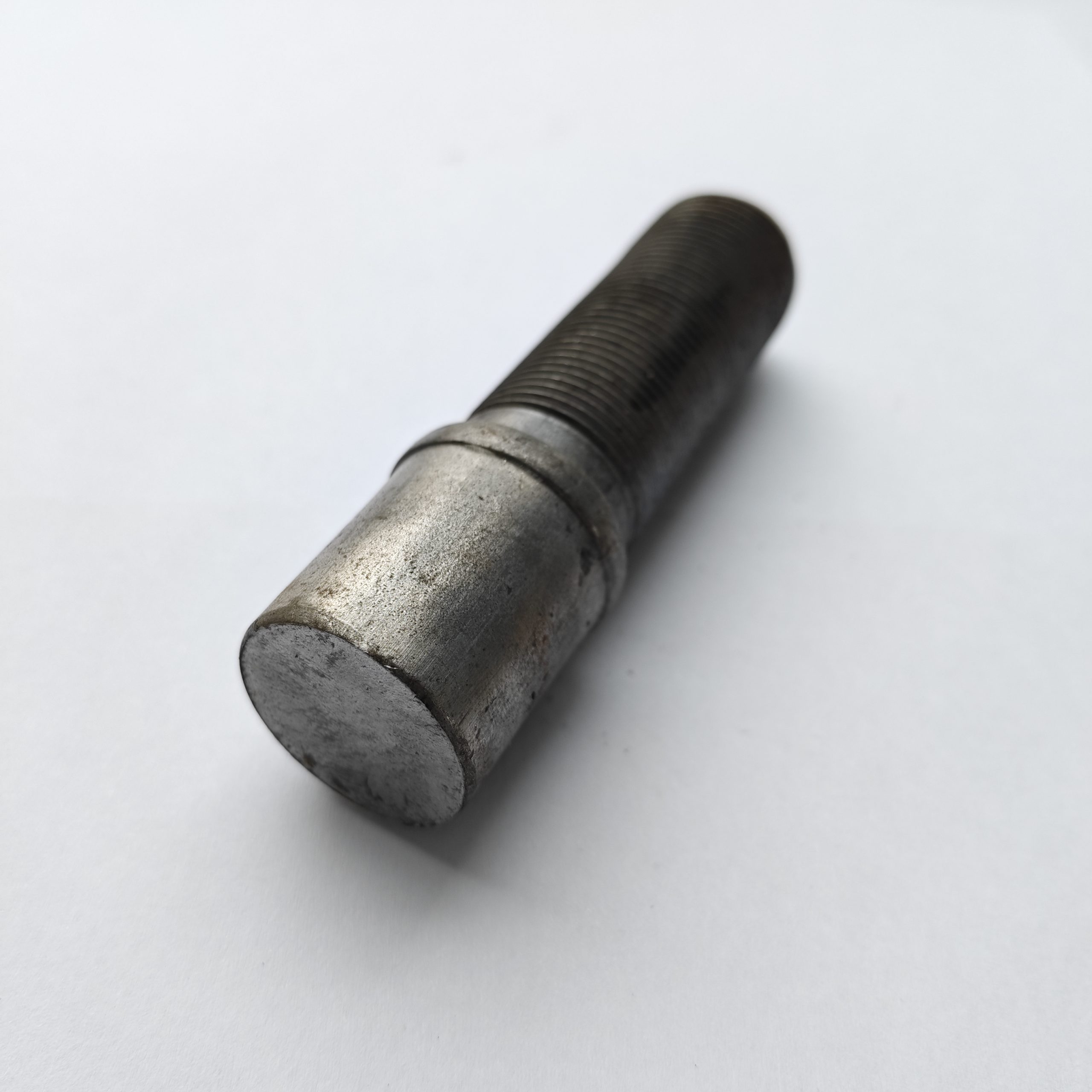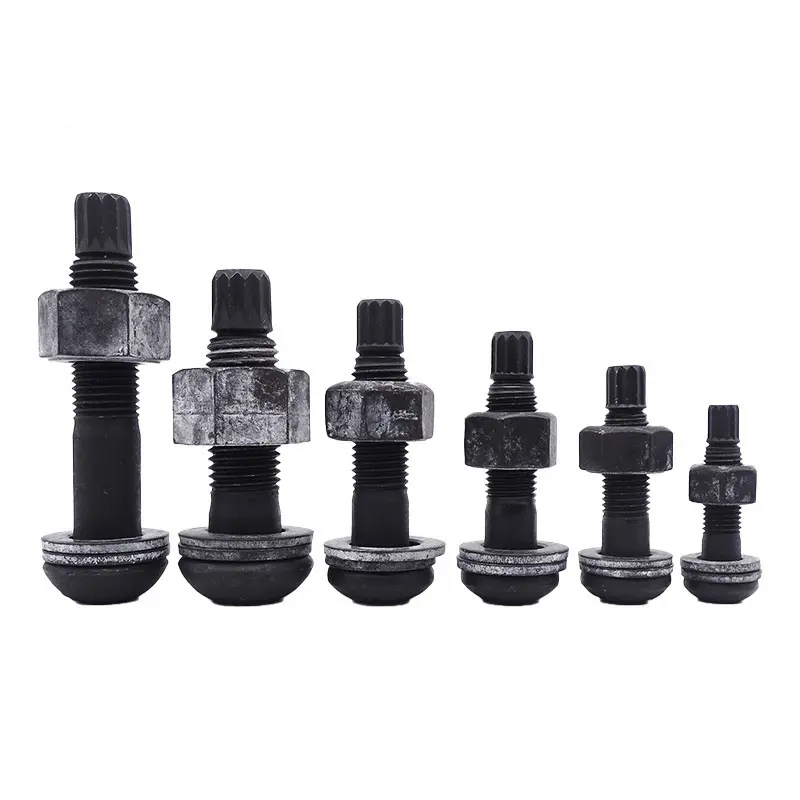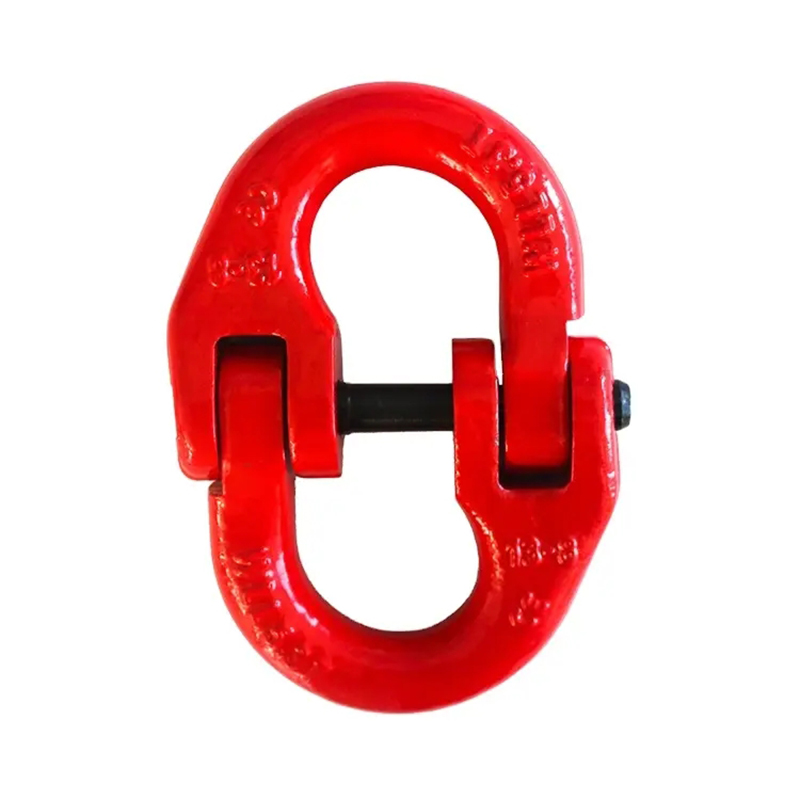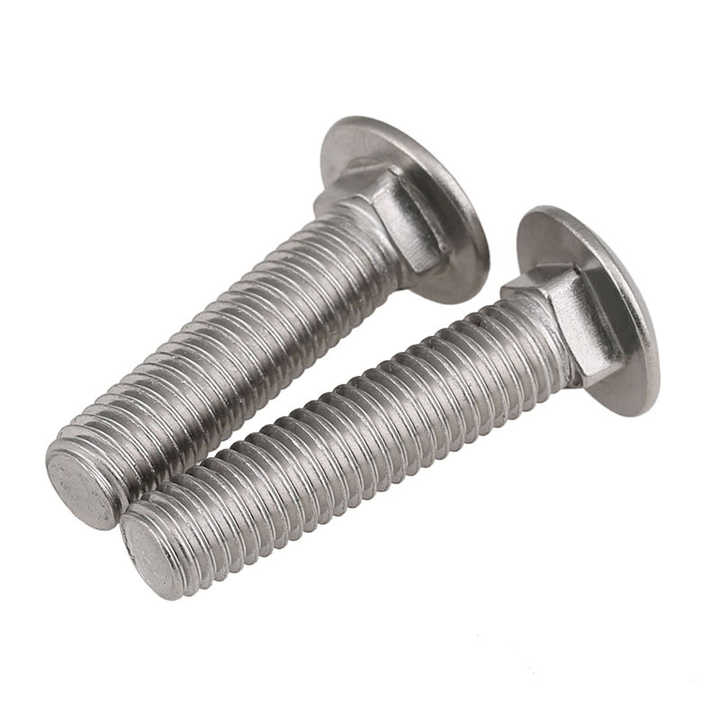

This comprehensive guide explores the world of self-locking nuts, covering their various types, applications, advantages, and disadvantages. We'll delve into the mechanics of how they work, helping you select the perfect self-locking nut for your specific needs. Learn how to identify the best fit for your project, ensuring secure and reliable fastening solutions. This guide will equip you with the knowledge to confidently choose the right self-locking nut every time.
Nylon insert nuts utilize a nylon ring or patch within the nut to create friction against the bolt threads. This friction prevents loosening due to vibration or stress. They are widely used in various applications due to their cost-effectiveness and ease of use. However, they might not be suitable for extremely high-vibration environments or applications requiring extremely high temperatures.
All-metal self-locking nuts use different mechanisms, such as deformed threads or a wedge-shaped locking element, to achieve the self-locking effect. Examples include prevailing torque nuts, which rely on the deformation of the nut's threads to generate clamping force, and the various types of locking mechanisms available from Hebei Dewell Metal Products Co., LTD (https://www.deweLLfastener.com/). These are generally more robust than nylon insert nuts and can withstand higher temperatures and vibrations. The downside is their generally higher cost and potential for thread damage if repeatedly reused.
Beyond nylon inserts and all-metal designs, other innovative self-locking nut mechanisms exist. These often involve specialized features like internal serrations or spring-loaded elements. Specific applications often dictate the most appropriate locking mechanism. For instance, a high-temperature application might necessitate a specific all-metal self-locking nut designed for extreme heat.
The material of the self-locking nut is crucial for determining its strength, corrosion resistance, and temperature tolerance. Common materials include steel, stainless steel, and various alloys. The choice depends heavily on the intended application and the surrounding environment.
Self-locking nuts must match the thread size and type (e.g., metric, UNC, UNF) of the bolt they're paired with. Incorrect thread matching can lead to loose connections and failure. Always ensure accurate specifications to prevent issues.
In applications subject to significant vibration (e.g., automotive, aerospace), the vibration resistance of the self-locking nut is paramount. All-metal types generally offer superior performance in high-vibration environments.
The operating temperature range influences the choice of material. Nylon insert nuts have lower temperature limits than all-metal alternatives, which are suitable for more extreme conditions. Check manufacturer specifications for detailed temperature ratings.
| Feature | Nylon Insert Nut | All-Metal Self-Locking Nut |
|---|---|---|
| Cost | Generally lower | Generally higher |
| Vibration Resistance | Moderate | High |
| Temperature Resistance | Limited | High |
| Reusability | Limited | May vary depending on type |
Selecting the appropriate self-locking nut hinges on understanding your application's specific requirements. By carefully considering factors like material, thread type, vibration resistance, and temperature range, you can ensure a secure and reliable fastening solution. Hebei Dewell Metal Products Co., LTD provides a wide selection of high-quality self-locking nuts to meet diverse needs. Remember to always consult manufacturer specifications for detailed information and compatibility.
Disclaimer: This information is for general guidance only. Always refer to the manufacturer's instructions and safety guidelines before using any self-locking nut.

